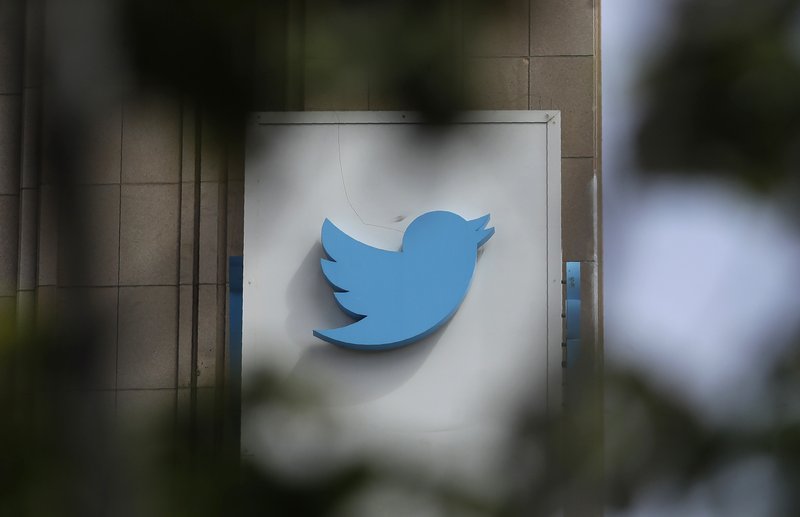The deception was easy to pull off and came with barely any consequences.
Britain’s Conservative Party changed the name of its press office’s Twitter account to “factcheckUK” during a televised election debate between Prime Minister Boris Johnson and opposition Labour Party leader Jeremy Corbyn this week.
The renaming made the account look like a neutral fact-checker, raising new concerns about all the creative ways groups and individuals can use social media to deceive voters.
The party hardly even got a slap on the wrist, as Twitter pledged to take “decisive corrective action” only if the Conservatives try to mislead people again.
The incident occurred after years of promises, new rules and millions of dollars spent by social media companies to prevent election interference following Russia’s meddling in the 2016 presidential election.
It shows that whatever steps tech companies have taken, users will continue to look for ways to exploit loopholes, unevenly enforced or nonexistent policies and companies’ fears of appearing partisan in their crackdowns.
“This is dirty tricks and should be dealt with mercilessly,” said Michael Pachter, an analyst with Wedbush Securities who covers social media. “It shows how difficult it is for social media to police tricks like these.”
In one tweet, the Conservative Party account posted a short video with the words “factcheckUK verdict,” declaring Johnson the winner of the debate. The renamed account still carried the blue checkmark reserved for “verified” Twitter users.
It’s not clear if large swaths of people were misled by the fake fact-checking account. Plenty of Twitter users called out the deception while it was happening.
The Conservative Party changed only the name that appeared at the top of the account, not the actual username that comes after the “at” symbol. Anyone who took a closer look could still see who the tweets were coming from.
Twitter declined to answer questions Wednesday on whether it is rethinking its policies to prevent similar incidents and why it didn’t suspend the offending account.
Twitter users can easily change their account names. This is popular around Halloween, when people temporarily adopt spooky monikers. While impersonation is technically against Twitter’s policies, the rules don’t apply to parody accounts.
There is no specific rule on Twitter against calling yourself a fact-checker, even if you’re peddling anything but facts.
As for Twitter’s bigger rival Facebook, it is unclear if there’s anything to stop a verified group from changing its name on the social network to something like TheTruthUK or FactCheckUSA.
While Facebook bars impersonating the official account of a brand or a public figure, its rules are silent on names that merely describe the account’s intent.
Some journalists fear that sites that co-opt the phrase “fact check” to make political points could cause the term to lose its meaning.
British Foreign Secretary Dominic Raab defended the party’s actions, saying the Twitter account was clearly linked to the Conservatives and asserting that voters would not be perturbed by “the social media cut and thrust.”
“We make no apology for having an instant rebuttal to all the nonsense and lies put out,” Raab told the BBC.
Twitter, long known for its freewheeling and public nature, has said in the past that it cares “deeply” about misinformation and its “potentially harmful effect on the civic and political discourse that is core to our mission.”
But it does not offer third-party fact checks like Facebook. Nor does it ban misinformation save for a few specific cases, such as instances in which people are being told the wrong time or place to vote.
Twitter cannot check every single tweet for accuracy. Instead, the company said in a 2017 blog post, its “open and real-time nature is a powerful antidote to the spreading of all types of false information.”
Even so, the company recently banned all political ads, calling it an important step in reducing the flow of election-related misinformation. But the policy does not apply to the myriad other ways misinformation can be spread.
Tim Bajarin, president of consultancy Creative Strategies, said that while the misleading name change happened in Britain, both major parties in the U.S. will probably “go to school on how this works and how Twitter responds to this.”
(AP)











